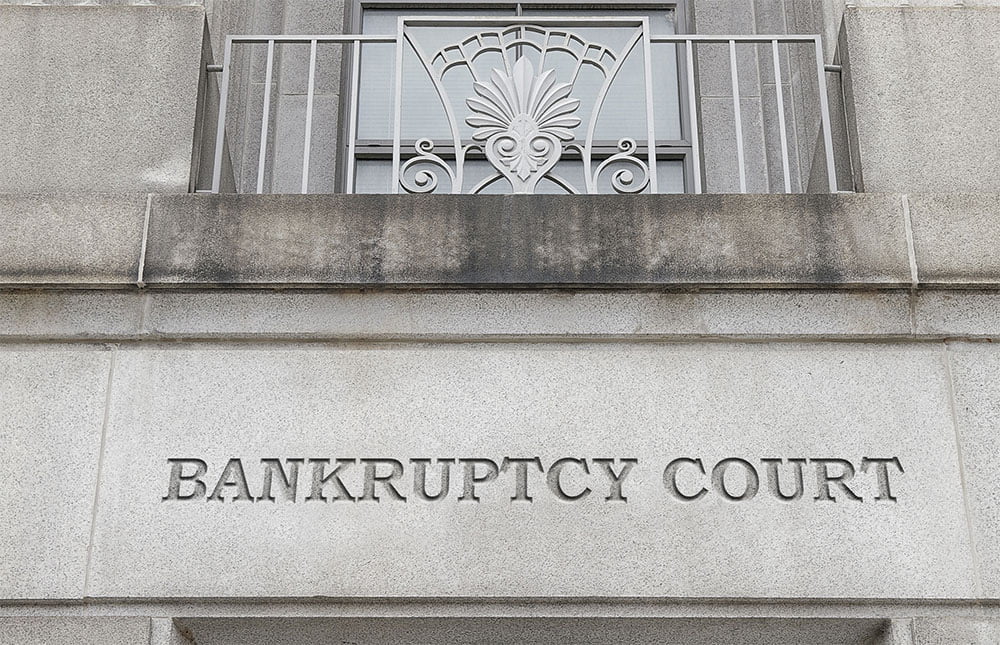The last three years have brought great changes to the Georgia Bankruptcy exemptions. Bankruptcy exemptions provide an amount that an individual can keep/protect when he or she files for bankruptcy protection. If he or she exceeds the amount that can be protected, they run the risk of potentially losing that asset. In 2012, Governor Nathan Deal signed a senate bill increasing the Georgia Homestead exemption to $21,500 per person. This more than doubled the previous homestead exemption of $10,000 per person. This change was really needed and very over due as now a married couple can protect up to $43,000 of equity in their home. That’s a huge difference from the old exemptions of being able to only protect $20.000. In 2013, another bill was passed in which the automobile exemption in Georgia was increased. The old exemption was $3,500.00. Now, a person can exempt up to $5,000 in automobiles. And, lastly, in 2015, Senate Bill 65 was passed. It doubled the Georgia Wild Card provision to $1,200.00 per person plus an extra $10,000 of the unused home stead exemption (the old wild card exemption was $600 and $5,000.)
This is a great improvement for individuals who file for bankruptcy in Georgia. However, Georgia exemptions are still very inferior to Federal bankruptcy exemptions. In fact, the only Georgia bankruptcy exemption that is better than an Federal exemption is for automobiles. In Georgia, as stated above, the debtor can exempt up to $5,000 in cars while federal exemptions only allow $3,675.00. The rest of the debtor’s assets would be better off protected under Federal exemptions. Federal exemptions allow $22,975 per debtor for the residence, $12,250 for household items, $1,550 for jewelry and $11,500 for the wildcard (whereas Georgia exemptions only allow $21,500 for residence, $10,000 for household items, $500 for jewelry and $10,000 for wildcard). Two of the biggest differences between Georgia and Federal Bankruptcy exemptions are the whole life/universal policies and personal injury claims exemptions. Federal exemptions allow up to $12,250 of the cash value of life policies and up to $22,975.00 for personal injury claims. Georgia only allows $2,000 for the cash value of life insurance policies and just $10,000 for personal injury claims.
So, a debtor would probably want to take the Federal exemptions if he or she could. But they can’t. Georgia opted-out of the federal exemption system so if you live in Georgia, you probably will have to use the Georgia Exemptions. The only time someone in Georgia can use Federal or another state’s bankruptcy exemptions is if they have not lived in Georgia for the last 730 days.
The bankruptcy exemptions in Georgia are way better than they were before changes were made in 2012. However, some of the exemptions still need to be amended to catch up with Federal Exemptions. In particular, the jewelry, life insurance and personal injury exemptions should all be increased to rival with the Federal exemptions. Let’s hope that a new senate bill is in the making to do just that.







